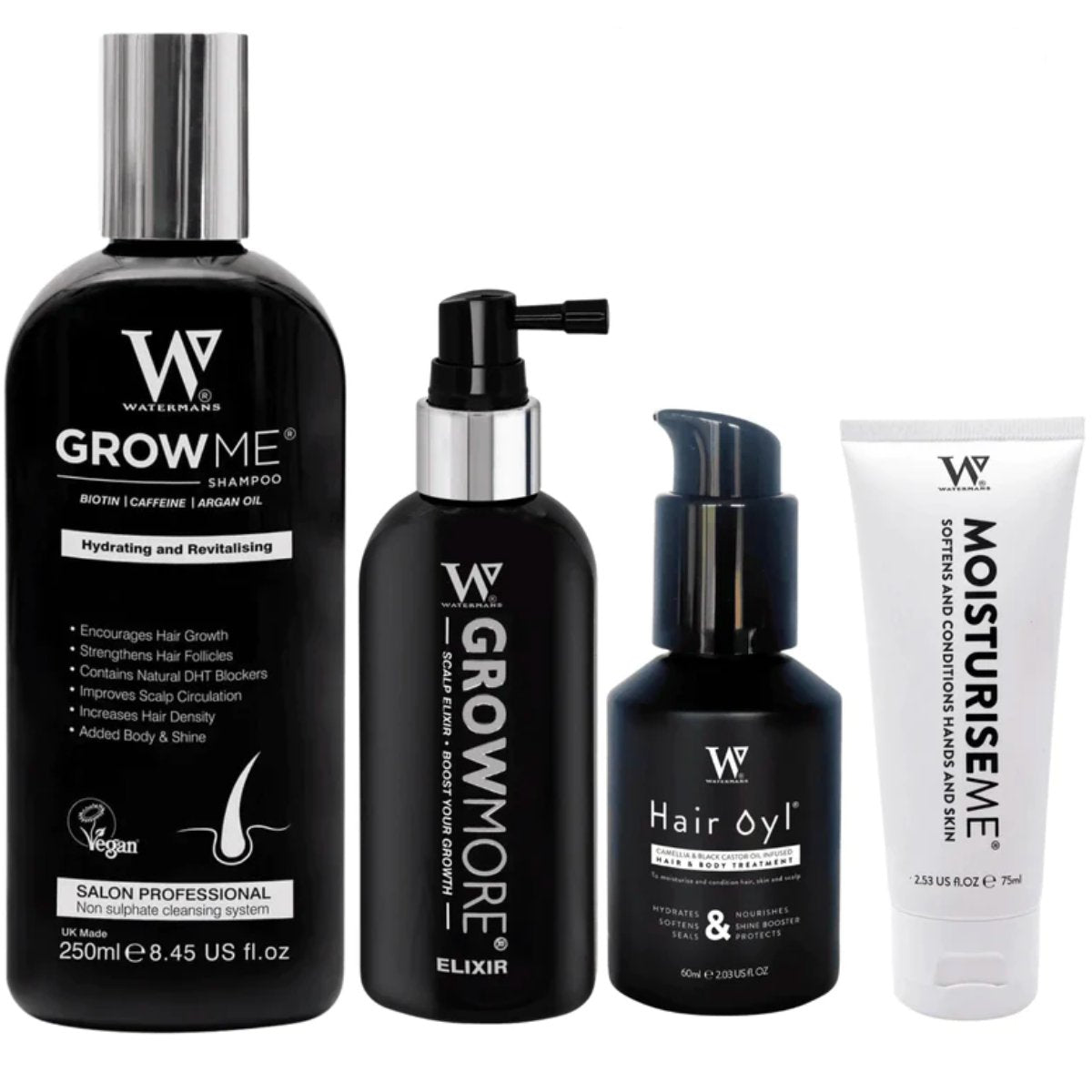
The Surprising Truth About Whey Protein: Why It's Time to Say No for Your Liver's Health!
Whey protein has become a staple in many fitness and health routines due to its high protein content and low fat profile. However, beneath its popular reputation lies some important concerns about its impact on liver health that many people overlook. In this article, we will explore the surprising truth about whey protein and why it might be time to reconsider its consumption for the sake of your liver.
What Is Whey Protein?
Whey protein is derived from milk and dairy products. It is a highly concentrated protein often processed to be extremely low in fat or even fat-free. Because it contains a hefty amount of protein, many individuals use it as a dietary supplement to support muscle growth, weight gain, or post-workout recovery.
However, it's important to recognize that whey protein is a refined product, extracted from the natural complexity of whole milk. This refining process strips whey protein out of its natural food matrix, which can lead to unintended effects on the body.
The Hidden Dangers of Whey Protein for Liver Health
Whey Protein is Inflammatory and Can Be Toxic to the Liver
When substances are removed from their natural form and concentrated, they can sometimes cause stress or harm to the body. Whey protein, in its isolated form, has been found to increase inflammatory markers in the body. Chronic inflammation is a major contributor to various health issues, including liver damage.
The liver, being the body's primary detoxification organ, is especially vulnerable. Excessive intake of refined whey protein can tax the liver, leading to inflammation and potential toxicity over time.
Added Ingredients Can Worsen the Impact
Many commercial whey protein powders are not just pure protein. They often include additives like maltodextrin, a highly processed carbohydrate used as a filler or sweetener. Maltodextrin itself can cause spikes in blood sugar and contribute to inflammation, compounding the liver's burden.
Personal Experiences Reflect the Risks
For many, the effects can be noticeable. For example, some individuals who consume large amounts of whey protein powders report undesirable symptoms such as digestive issues or feeling generally unwell. These effects are often related to the inflammatory and toxic properties of whey combined with added ingredients.
Why Choosing Natural Alternatives Matters
Instead of relying on isolated whey protein powders, opting for whole food sources of protein supports liver health and reduces inflammation. Foods like lean meats, legumes, nuts, and seeds provide protein along with beneficial nutrients and fiber that help your body process and metabolize proteins more effectively.
Supporting Your Hair and Body’s Health
Inflammation and liver stress not only affect your internal health but can also impact hair and skin condition. Maintaining liver health is crucial because a well-functioning liver supports detoxification, hormone balance, and nutrient availability—all factors that influence hair growth and vitality.
If you’re interested in supporting your hair health naturally and reducing potential harm from inflammatory supplements like whey protein, consider exploring Watermans’ range of hair products. Their offerings are designed to promote healthier hair through natural ingredients without compromising your overall wellness.
Conclusion: Time to Rethink Whey Protein
While whey protein may seem like a quick and convenient way to boost protein intake, its inflammatory properties and potential toxicity to the liver present hidden risks. By understanding these risks, you can make more informed decisions about your nutrition and opt for whole food protein sources instead.
Prioritize your liver’s health and reduce unnecessary inflammation by saying no to heavily processed whey protein powders and embracing a more natural approach to your diet and hair care.
By learning about the true effects of whey protein on your body, you empower yourself to protect your liver and support overall health—and that’s a choice worth making.













